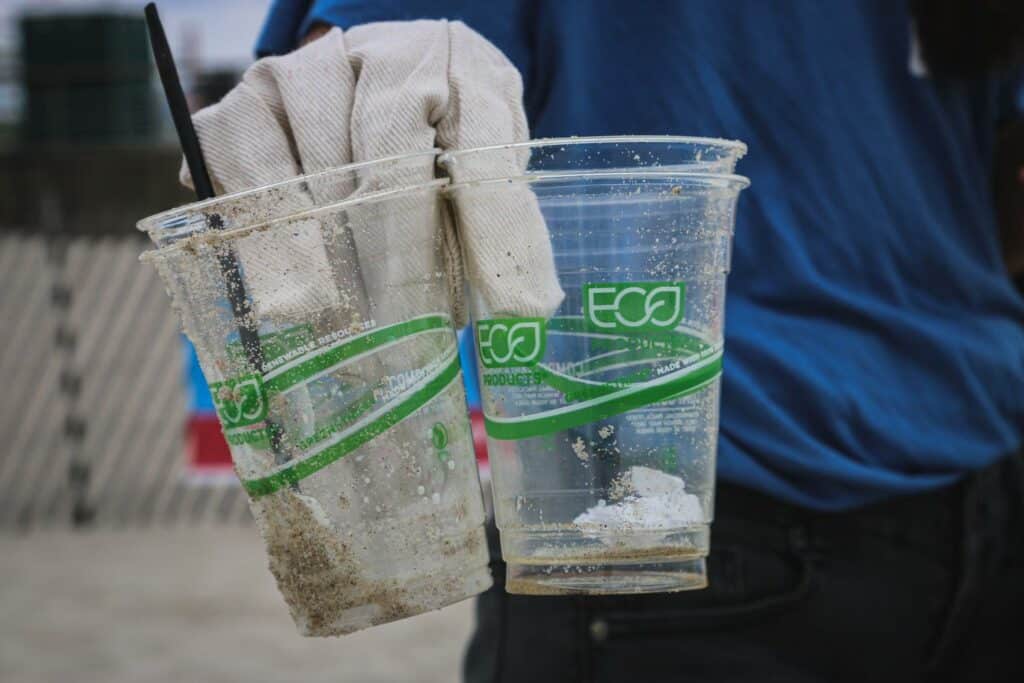Aotearoa New Zealand has a problem with greenwashing, and seemingly, no plans to remedy it.
This comes at considerable cost to consumers, businesses who are working bloody hard to do the right thing, our climate, fragile biodiversity, and global reputation.
Consumer recently highlighted the problem, by perusing the shelves at our country’s supermarkets. They found a plethora of misleading claims including degradability (spoiler alert: just about everything is degradable, it’s a matter of how long it takes to degrade and whether in doing so, it releases contaminates) and one I find so hard to reconcile, it’s almost laughable– “Ocean-bound plastic”
As a consumer, I know how demoralising it is to try and purchase responsibly, only to find out you’ve been duped. It’s the sort of thing, that can make people throw up their hands and give up… at a time when making sustainable choices has never mattered more.
Currently, the Fair-Trading Act prohibits making vague, misleading or unsubstantiated green claims with penalties of up to $600,000 for an organisation, or $200,000 for an individual.
That might sound adequate, but it relies on people actually being able to recognise greenwashing (something deceptive by its very nature) and then proactively making a complaint to either the Commerce Commission or Advertising Standards Authority.
Of course, Aotearoa isn’t alone in facing such problems. But others have been much quicker to prioritise and attempt to stamp it out.
A 2020 study by the European Commission found 53% of environmental product claims there, were vague, misleading, or false. It’s now considering a raft of measures including approving claims before products go to market and outlawing generic words and phrases such as ‘eco’, ‘green’ and ‘environmentally-friendly’.
A requirement for businesses to substantiate any carbon ‘offset’ claims they make is also on the cards, with the European Consumer Organisation (BEUC) campaigning for a total ban on the phases ‘climate positive’ and ‘carbon neutral’.
Aotearoa’s failure to take similar action, is particularly perplexing given few other countries rely so heavily on the perception of being clean, green, and progressive on climate change.
Look at how we market this country, one could argue quite effectively, that we’ve greenwashed ourselves. Tourism imagery of gorgeous beaches and lakes but no disclaimer that studies have shown up to 32% of our waterways are in poor health, with high levels of bacteria. The number is almost double that for rivers, specifically.
There is little need to reinvent the wheel here. Further, given verified sustainable products are increasingly part of international trade deals such as the Agreement on Climate Change Trade & Sustainability there’s an economic imperative for us to look how others are tackling the problem, and seek to adapt those measures for Aotearoa. I’m sure our mates in the EU would be happy to help; because when it comes to anything regarding the climate and biodiversity crises, he waka eke noa.
